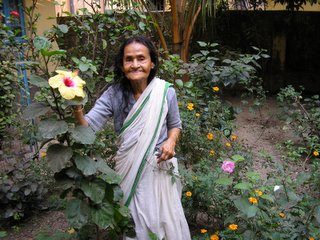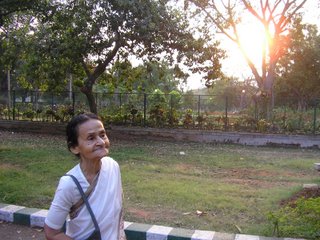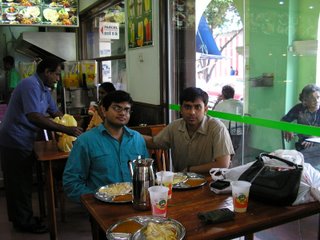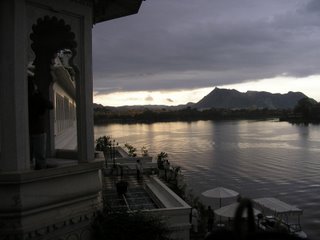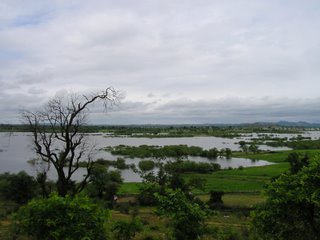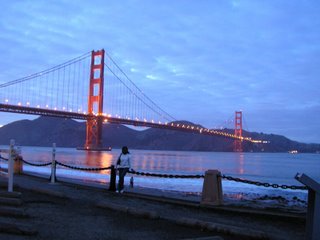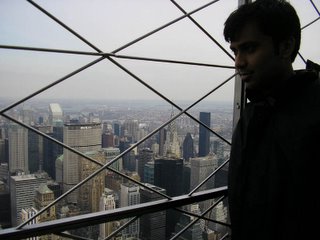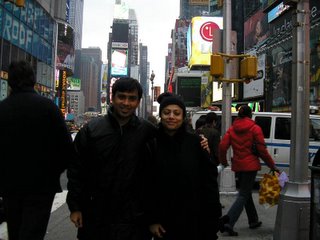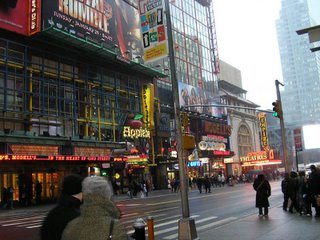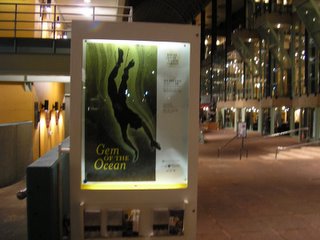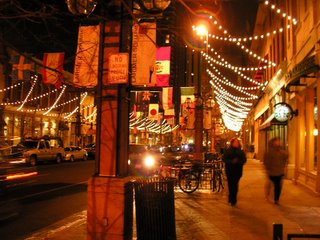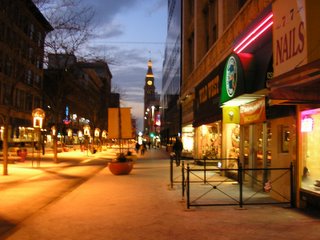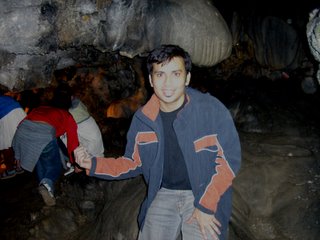
“What time does the bus leave?”
She looks up at me and sees a face that doesn’t quite fit in with the people in the bus, the squalid interiors of the bus and the city of Shillong outside. In her lap is a book of tickets in which she mechanically scribbles the amount and tears off the receipts. Around her, three locals stand in abeyance, awaiting her next order.
She replies absentmindedly, “The bus will leave now. And that will be 60 bucks”. She hands me the receipt as I fumble for the money in my wallet.
“Now? Do you mean right now?”
“Yes!” she replies and dismisses me from her thoughts with a wave of her hand. The bus ride to Guwahati is good business and one can’t waste one’s thoughts on nosey tourists such as me. I would be getting down at Jorabat (on the border of the states of Meghalaya and Assam) and then change buses to go to Kaziranga, Assam. On the map the road looks fairly easy to navigate and if I were to calculate distance and assume an average speed of 60 km per hour it works out that the total duration of my transit would be around 6 hours and I would be able to reach kaziranga by 3pm.
But the map doesn’t show hairpin bends and treacherous mountainous roads. Nor does it show elevation, proclivity and declivity.
The seat next to me, which is now occupied by a squint eyed gentleman with a stony sphinx-like face. The humming of the engine and the cool, fresh air of the mountains make my eyelids feel very heavy. Every now and then through the corner of my eyes I check if my backpack is still with me. I notice that the bus is now very crowded and the engine is sputtering like a dying man with internal injuries.
A few hours later I change buses. Now I am in Assam. The people look different. They speak a different tongue. The seats are cramped and nobody seems to understand English. The man next to me with a royal moustache and an all-knowing expression is looking at me with suspicion. I ask him about where I should get down. And he tells me so much more, in his broken English and charming style. He tells me about how he goes every weekend to meet his wife in Nagaon. About his work in Guwahati. The politics of Assam. The economy. His childhood. He just loves to talk and I to listen. When we get down at Nagaon (where I need to change a bus), he offers me a lift in a ‘cycle rickshaw’ and invites me to his home for tea. He even talks about meeting me in Mumbai and his business plans if I am ‘interested’. I thank him, as he writes me his phone number in a piece of paper and asks me to call him ‘anytime’. And then he waves at me from the ‘cycle-rickshaw’ for the last time I will ever see him.
The next bus I change into is even more cramped. Next to me is a hefty man and we can barely sit. I crane my neck out the window and gasp for fresh air. The child in the seat behind me won’t stop yelling. I am surrounded by a plethora of human beings piled up all around me. I can feel a hand near my neck and notice a small child squeeze between the seats and sit almost on my lap while I hold on to my backpack with my life. Somebody is stooping above me and I can feel the enormous pressure of the people around me that is trying to jettison me out of the bus through the narrow window. The bus crawls along like an old mule pulling a heavy load.
The cheerful man next to me is smiling despite all this. I venture to ask him when I would reach Kaziranga. And he tells me about his life and times, and his family problems and the wonderful history of Assam. The trouble is I can barely understand his language. But he speaks slowly and often repeats the words for me to help me understand. We get along fine. The language of human beings is so universal. The lives are so similar. The problems and issues are the same. Just minor adjustments here and there.
By the time I reach Kaziranga it is dark. My watch reads 6pm. The air is foggy, my body is aching and the memory of my co-passengers still lingers on.
From top - Two sail boats in the Bay of Bengal, Dida - my beautiful granny